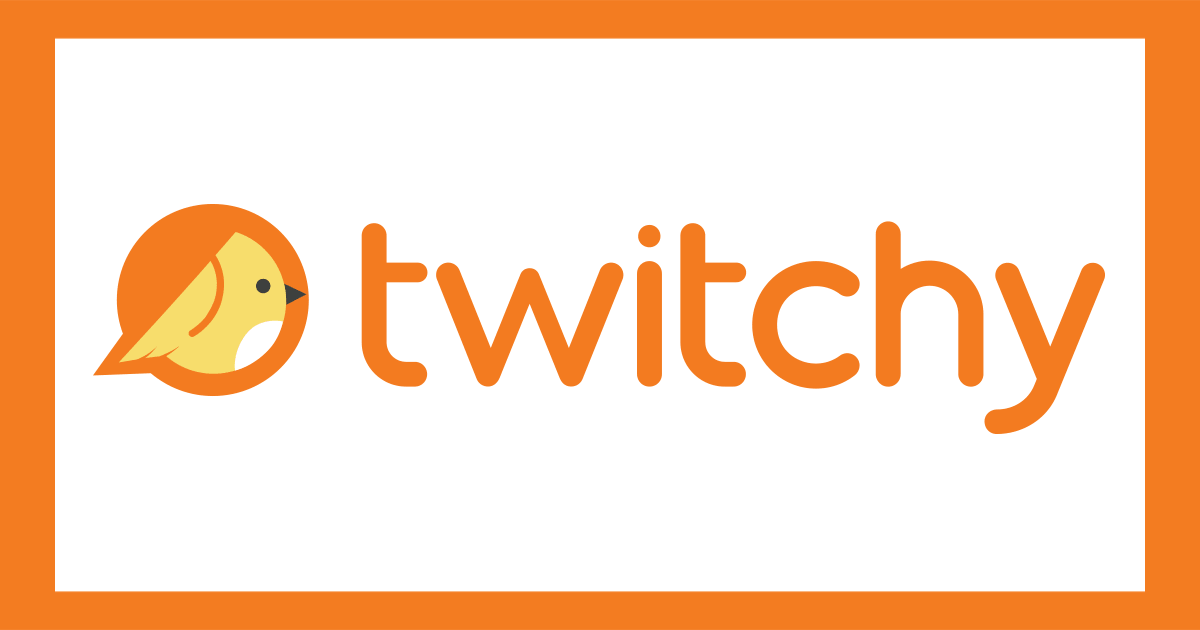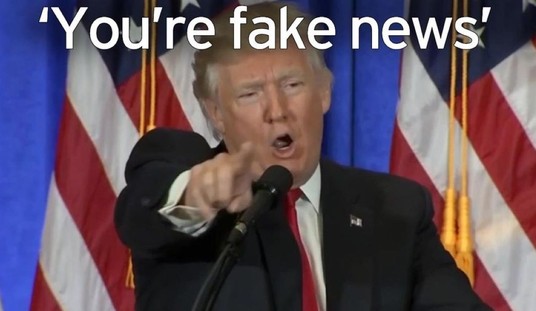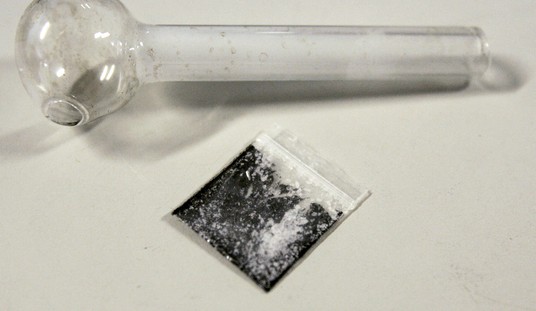The CDC has made two major changes to its guidance on COVID-19 vaccines but it was done, apparently, as “quietly” as possible.
First up, they’re now saying people can wait up until 6 weeks to get a second dose of the vaccine:
CDC says people may receive their follow-up doses of Covid-19 vaccine as much as 6 weeks later https://t.co/Zj2pduyYQQ
— Bloomberg Politics (@bpolitics) January 22, 2021
Previously, the guidance said to get the second shot within three or four weeks depending on the vaccine. From Bloomberg:
The guidance posted in a Jan. 21 update to the CDC website said a second dose should be administered as close to the recommended schedule as possible, either three weeks for the Pfizer Inc.–BioNTech SE vaccine or four weeks for the Moderna Inc. shot.
And the CDC also now says it’s OK to mix vaccines, meaning you can take the Pfizer one as your first dose and then take Moderna’s as the second shot:
CDC Quietly Changes COVID Vaccine Guidance to OK Mixing Pfizer and Moderna Shots in ‘Exceptional Situations' https://t.co/DV9miJYJLd pic.twitter.com/ctLsuPQ7px
— NBC10 Philadelphia (@NBCPhiladelphia) January 22, 2021
Via the New York Times, all this is being done “despite a lack of data”:
The CDC has quietly changed its recommendations to allow patients to be switched to another coronavirus vaccine for their second dose in “exceptional situations,” and to extend the interval between doses to six weeks, despite a lack of data. https://t.co/NKKSsfPQ3q
— The New York Times (@nytimes) January 22, 2021
From the NYT:
The Centers for Disease Control and Prevention has quietly changed its recommendations for coronavirus immunizations to allow patients to switch the authorized vaccines between the first and second doses in “exceptional situations,” and to extend the interval between doses to six weeks, even though such changes have not been studied in large clinical trials.
The new guidelines were posted on the agency’s website on Thursday with little public notice. With the possibility of vaccine shortages on the horizon and little expectation that supply can be increased before April, the changes may offer a way to vaccinate more people — a high priority for President Biden, who outlined his national Covid-19 strategy on Thursday.
A C.D.C. spokeswoman, Kristen Nordlund, said the agency’s “intention is not to suggest people do anything different, but provide clinicians with flexibility for exceptional circumstances.”
Recommended
And what’s a Covid story without a Dr. Fauci flip-flop?
Dr. Anthony S. Fauci, the president’s special adviser for Covid-19, has repeatedly advised against delaying the second dose or making any other changes in vaccination protocol without the data to support them. But on Friday, he seemed open to delaying second doses, at least for short periods.
“What the C.D.C. is saying, sometimes, the situation is stressed where it’s very difficult to be exactly on time,” Dr. Fauci told CNN. “So we’re saying, you can probably do it six weeks later, namely, two additional weeks. Quite frankly, immunologically, I don’t think that’s going to make a big difference.”
This doesn’t necessarily mean it’s unsafe, however, and there are “plenty of good, logical *reasons* to do this”:
This "despite lack of data" means "despite lack of clinical proof" which takes a LONG time to develop (see my newsletter from today)
If you understand how vaccines work, then (while there isn't *proof*) there are plenty of good, logical *reasons* to do this https://t.co/dQYqu2BtAe
— PoliMath (@politicalmath) January 22, 2021
But, for starters, this would be covered *very* differently if Trump were still president:
GP Joe Biden is making America less safe! Why are Democrats endangering us? https://t.co/6GrrhIO7q5
— The Gormogons (@Gormogons) January 22, 2021
And, secondly, we’re supposed to trust the CDC all of a sudden? Here’s Reuters calling out the career people at the agency for flubs made over the past year:
Critics have said the CDC fumbled key decisions on COVID because the Trump administration meddled in the agency’s operations. But @Reuters has found evidence that the response was marred by actions – or inaction – by career scientists and frontline staff https://t.co/QIxlJ8IxR4
— Reuters (@Reuters) January 22, 2021
***
























Join the conversation as a VIP Member